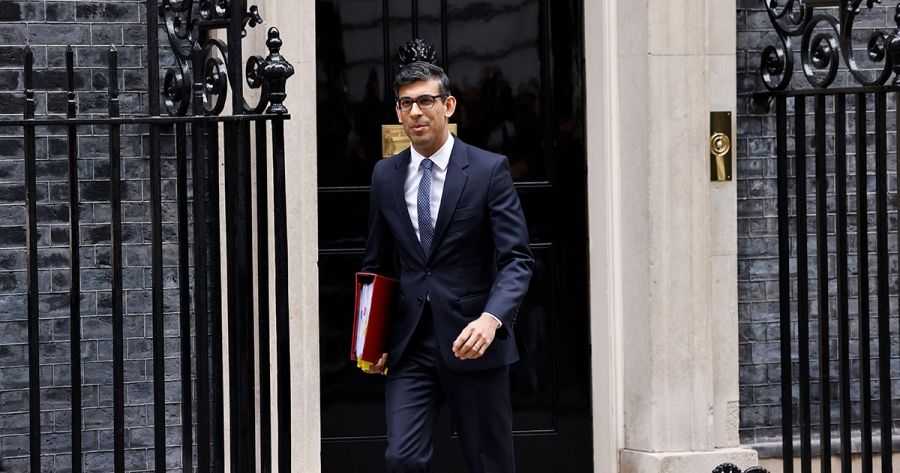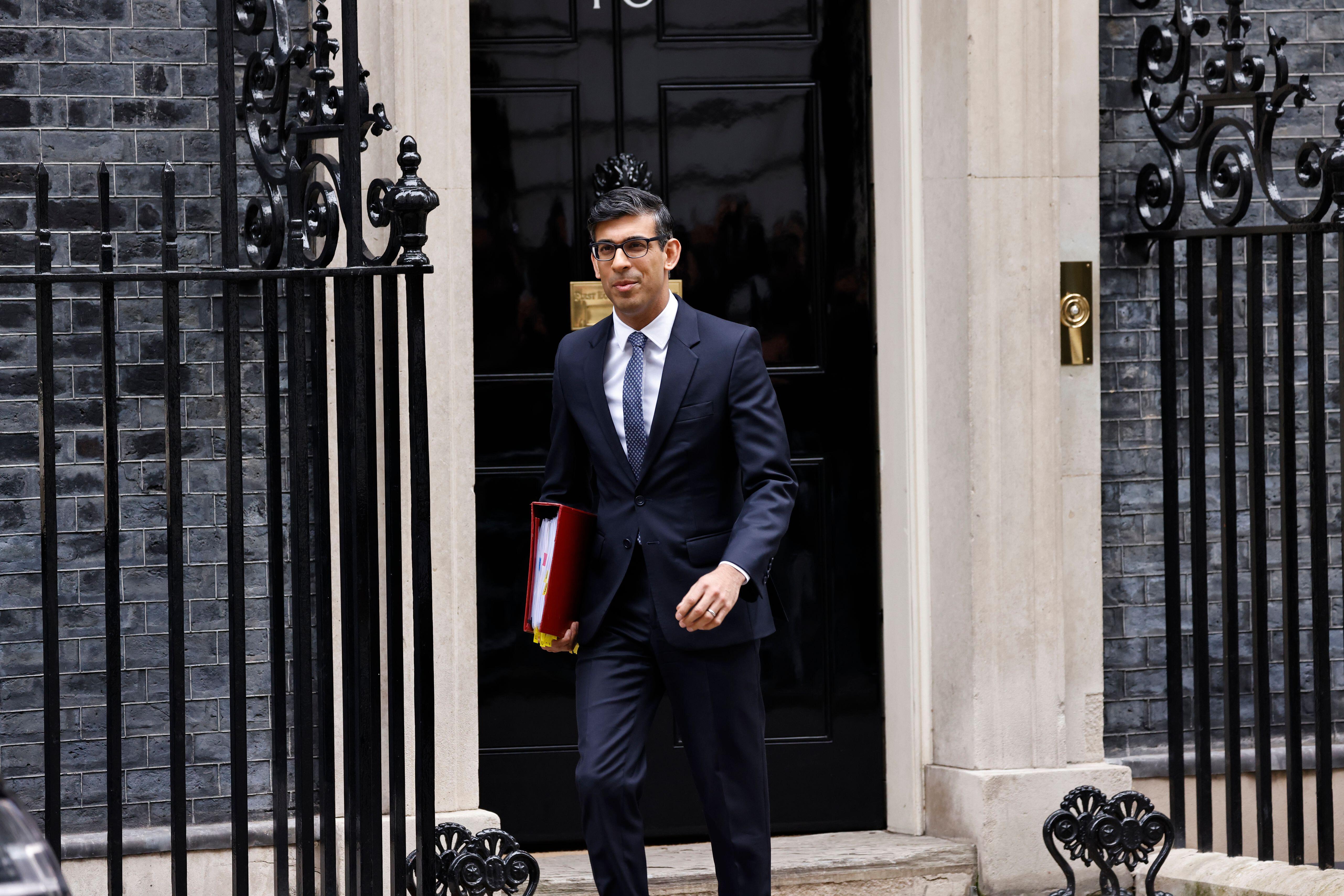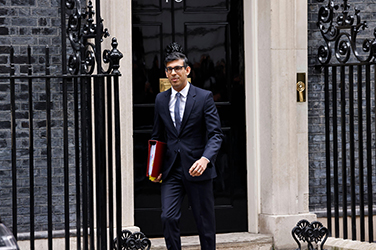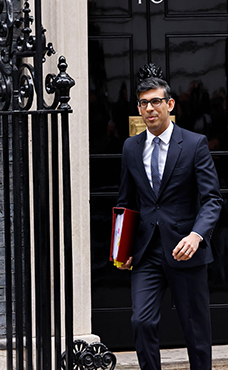
- Free Article: No
- Contents Category: Commentary
- Custom Article Title: Parlour games
- Review Article: Yes
- Article Title: Parlour games
- Article Subtitle: Britain and the anaesthesia of nostalgia
- Online Only: No
- Custom Highlight Text:
It is a truism that all politics is performance. Successful leaders are frequently adept in the manipulation and deployment of scripts, props, stages, and costumes. To their credit, British politicians have worked exceedingly hard over the past year and more to explore the full range of theatrical genres. The vaudevillian moral vacuum of Boris Johnson’s government was reprised in recent weeks as Johnson put on a command performance, all wispy blond hair and faux indignation, for the Commons Privileges Committee. The unbelievable farce that ended his time at 10 Downing Street gave way swiftly to the burlesque-cum-tragicomedy of Liz Truss and her chancellor’s calamitous (not to say ironic) ‘mini’ budget. We seem to have arrived, in the efforts of Rishi Sunak and Keir Starmer to out-gravitas one another, at a sustained attempt to revive the long-lost tradition of the morality play.
- Article Hero Image (920px wide):

- Article Hero Image Caption: Rishi Sunak leaving 10 Downing Street, 2023 (Sean Aidan/Eye Ubiquitous/Alamy)
- Featured Image (400px * 250px):

- Alt Tag (Featured Image): Gordon Pentland on Britain and the anaesthesia of nostalgia
No such luck. Britain remains mired in its past. But what do these recent efforts leave in the historical costume wardrobe for current would-be re-enactors at Westminster? Starmer’s precocious efforts to reap a dullness dividend as leader of the Labour opposition have been infectious. It is no small indictment of the current state of Conservative politics that the very best that government strategists and the Downing Street press operation can hope for now is to convince the electorate that Rishi Sunak is a latter-day John Major. Thatcher’s almost preternaturally dull and sensible successor, who snatched electoral victory in 1992 from an apparently unassailable Labour led by Neil Kinnock, is now an aspirational model in these troubling times.
The parallels are substantial enough to lend a degree of credibility and authenticity to the effort. Unlike Major, however, Sunak has the additional small good fortune of not being seen as an individually responsible architect of the economic Armageddon of the mini-budget and thus of the consequent evaporation of any claim the Tories might have retained to be ‘sound’ on the economy. Otherwise, surrounded as he is by the malevolent shades of former leaders, and with his every waking moment sabotaged by the missteps and blunders of colleagues, the Sunak-as-Major comparison is persuasive. It even makes me nostalgic for my own school days in the 1990s, which routinely began with radio news of Tory MPs rustling the bushes on Hampstead Heath, taking bungs for parliamentary questions, or siring ‘love children’. Such moves in the re-enactors’ games provoke counter-responses. Starmer-as-Attlee has found himself obliged to pivot away from dullness or rather away from only dullness as political strategy. To preserve the equilibrium, he has gone fishing in the same 1990s pool and, along with his shadow chancellor, Rachel Reeves, has been systematically working on a Blair–Brown tribute act. Labour’s five ‘missions’ for government – economy, NHS, crime, climate, and education – are a full-colour-HD version of Tony Blair’s five ‘pledges’, and embrace an almost identical slate of issues.
Perhaps counter-intuitively, in Scotland – a part of the United Kingdom where we might think that different forms of nationalist and unionist politics would be much more freighted with history – the urge among political élites to re-enact versions of their own past seems less acute. Of course, the vicious Scot-on-Scot violence of a Scottish National Party leadership contest following the resignation of an increasingly embattled Nicola Sturgeon necessarily and painfully visited the recent past. In the absence of long institutional theatrical traditions in Edinburgh on which to draw, however, existential party, political, and socio-economic questions did not send politicians to their costume cupboards. This has been a marked feature of Scottish politics for some time. During the 2014 independence referendum, there was a good deal of claptrap spoken and written about Scottish nationalism as an emotional pathology based on a distorted sense of history and grievance. The irony was, of course, that in the same breath that these claims were uttered, leading figures on the ‘no’ side of the debate, especially those from Westminster, frequently oriented themselves towards the past and an essentially nostalgic vision of ‘Britishness’.
This is certainly not to suggest that politicians outside London have found ready answers to common crises, or are in most cases any more of a credit to public life than their Westminster peers. Any liberation from recent history is partial and patchy. After sustained turmoil at the top of Northern Ireland’s largest political party (the Democratic Unionist Party), Jeffrey Donaldson’s leadership has eagerly chained itself to the past to navigate its most pressing challenge. The party committee convened to pronounce on the so-called Windsor Framework, designed to solve the grimly predictable implosion of the post-Brexit Northern Ireland Protocol, co-opted two former party leaders. It was due to report just ahead of the twenty-five-year anniversary of the 1998 Good Friday Agreement, whose fraying edges Donaldson may have had in mind when he pronounced that ‘History teaches us that it is always better to get the right outcome for Northern Ireland rather than a rushed one.’ Humza Yousaf, the new leader of the SNP and Scottish First Minister, may well be yet another choice by a party ‘selectorate’ who will find it hard to convince anyone that he’s not just old wine in an old or at least familiar bottle. To his credit, however, if he does fail, he is likely to do so facing the present or the future rather than the past.
It is sustained focus on the scale and seriousness of contemporary and future challenges that is badly needed in the United Kingdom rather than historical parlour games. Visions for the future, not endless re-enactments of the past, are the only way of even beginning to tackle flat-lining economic growth and living standards, life expectancies on the slide, and a global reputation at its lowest ebb in decades. If leaders must remain obsessed with past politics, they might look even further back. One hundred and forty years ago, a phlegmatic future Conservative prime minister, the marquess of Salisbury, forwarded a bleak and alarming diagnosis. Shorn of its xenophobia and imperial preoccupations, its gravity fits contemporary Britain to a T: ‘The dangers we have to fear may roughly be summed up in the single word – disintegration. It is the end to which we are being driven, alike by the defective working of our political machinery, and by the public temper of the time.’
Britain’s current leaders would be wrong to think that donning a Salisbury costume would help to arrest this disintegration or that the challenges or solutions of 1883 bear any realistic similarities to those of 2023. In narrowly political terms, their electoral strategies may be on the money. British voters may reward politicians for peddling the anaesthesia of nostalgia, acting seriously, and even for being dull after such a uniquely disruptive period. But the United Kingdom requires political leadership now and after the 2024 election that does more than just perform seriousness and that has the moral courage to fail while looking forwards.
This article is one of a series of ABR commentaries on cultural and political subjects being funded by the Copyright Agency’s Cultural Fund.



Comments powered by CComment